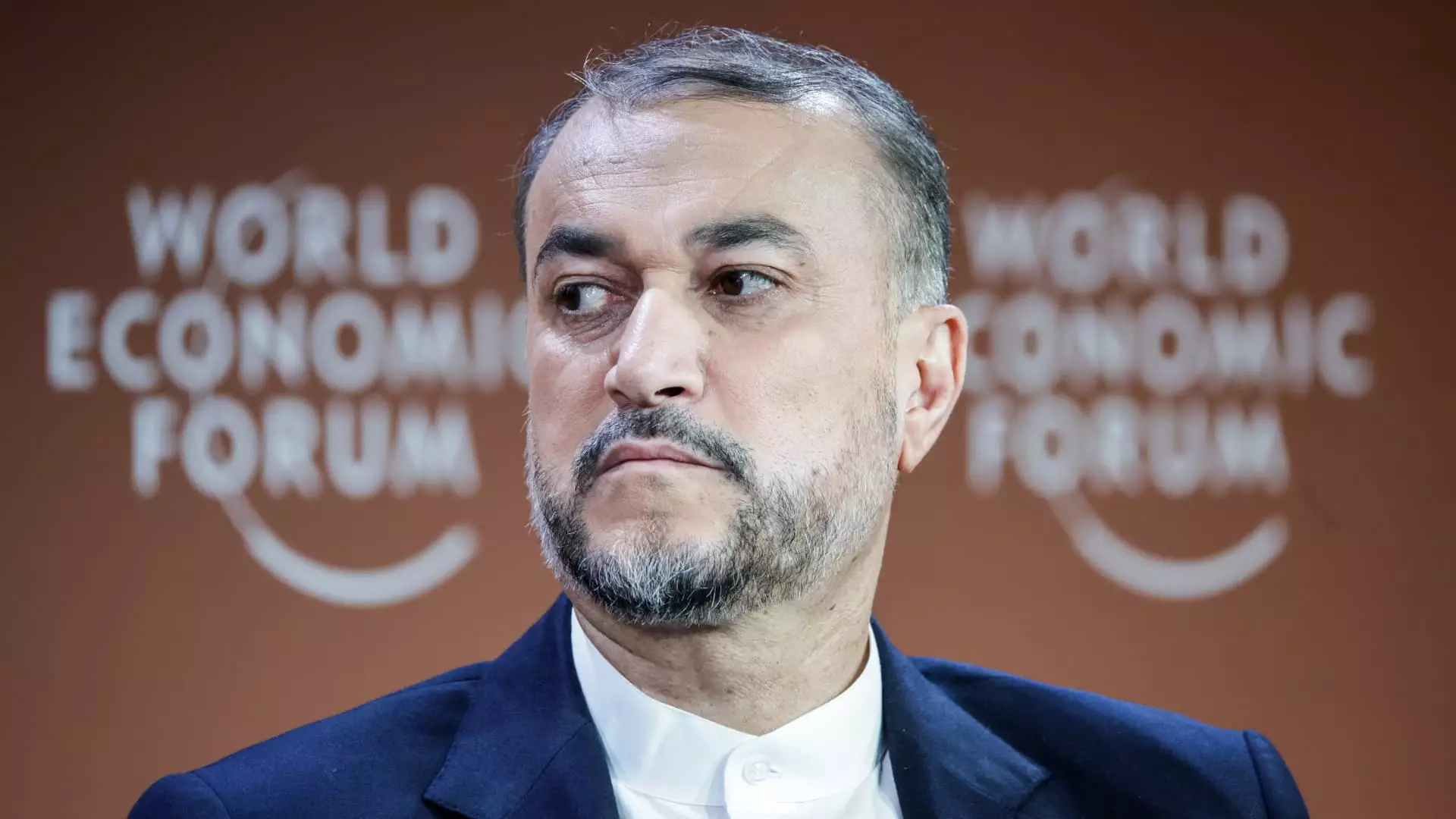Following a missile strike in Damascus, Tehran has vowed to carry out revenge attacks against Israel. The strike resulted in the destruction of a building used as a base for Iran’s elite Revolutionary Guards, resulting in the death of five Guards and an unspecified number of Syrian troops. Ambulances and fire trucks quickly arrived at the scene, which had been cordoned off. As rescue operations continued throughout the day, a crane was utilized to remove concrete slabs from the wreckage. Iranian advisers supporting President Bashar al-Assad’s government were reportedly using the multi-story building, and their loss is a significant blow to the Iranian presence in the region.
According to reliable sources, the building was completely flattened by precision-targeted Israeli missiles. Israel has a long history of conducting bombing campaigns against Iran’s military and security presence in Syria, often without acknowledging their involvement. This latest attack, however, marks a significant escalation in their campaign. The increased frequency of strikes is believed to be a response to the Oct. 7 attack on Israel by militants from the Iranian-backed Palestinian Islamist group, Hamas, which has further fueled tensions in the region.
In response to the strike, Iran’s Foreign Ministry spokesperson Nasser Kanaani condemned the attack as a “desperate attempt to spread instability in the region”. Furthermore, Iran has vowed to retaliate against what it perceives as organized terrorism from Israel. While details of their response are yet to be determined, it is clear that Iran will not sit idly by while their forces suffer significant losses. The situation remains tense as Iran evaluates the appropriate time and place for their retaliation.
The Impact on Syria
The missile strike in Damascus not only targeted Iranian forces but also resulted in casualties among the Syrian military and civilians. The Al-Mowasat Hospital in Damascus reported receiving one dead body and three wounded individuals following the attack. The strike has further exacerbated the violence and instability in Syria, which has already been grappling with numerous conflicts. Israel’s continuous attacks on Iranian forces in Syrian territory have added yet another layer of complexity to the ongoing crisis.
The recent escalation of violence between Israel and Iran has had wide-ranging implications across the Middle East. In Lebanon, the Iranian-backed Hezbollah and local wings of Palestinian militant groups have fired rockets into Israel as a show of solidarity with Palestinians in Gaza. In addition, Israel’s operation in Gaza following the Oct. 7 attack by Hamas has led to increased violence in Syria, Lebanon, northern Iraq, and in the Red Sea region.
A Devastating Cycle of Retaliation
The ongoing missile strikes and retaliatory attacks between Israel and Iran have trapped the region in a devastating cycle of violence. With no end in sight, innocent lives continue to be lost, and a peaceful resolution seems more elusive than ever. It is clear that a different approach is needed to de-escalate tensions and find a path towards stability. The international community must play a crucial role in promoting diplomacy and dialogue to prevent further escalation and bring about lasting peace in the region. The continued loss of life and destruction is a stark reminder that the cost of conflict is immeasurable.

Leave a Reply